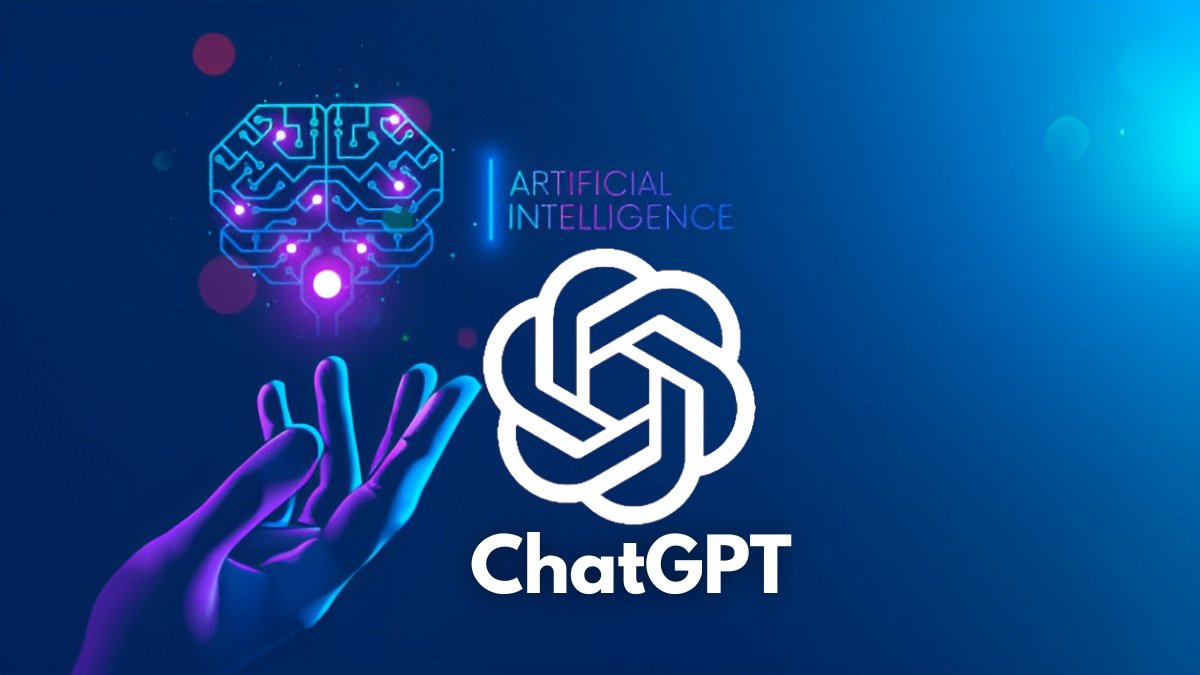By one of those odd numerical coincidences, Frames of Mind: The Theory of Multiple Intelligences was published 40 years ago; and I, the author of the book and the creator of “MI theory,” turned 80 on July 11, 2023.
I’ve written a great deal about “MI theory”—including several books, as well as a personal memoir in which “MI theory” occupies the middle of that book (Part II of three parts). I’ll try not to repeat or paraphrase what I’ve already said and/or written many times in many places.
Yet, at a time when I’ve already surpassed the years of life allotted to me in the Bible, and while I am still in reasonable cognitive and physical shape, it seems appropriate to set down a few thoughts.
1. The Good and the Bad
On the one hand, “MI theory” (and practices) have received far more attention than I could ever have anticipated. Much done in the name of “MI” seems benevolent and perhaps helpful to various constituencies. I am especially touched—indeed thrilled—at the number of schools launched or featuring “MI ideas;” the number of educational organizations that describe and discuss multiple talents or intelligences; and the many people—not only educators but parents, children, relatives, scholars from different disciplines—who say that they have been inspired by “MI work” undertaken by my colleagues and me.
On the other hand, not all individuals and groups expressing views about “MI” seem to have read, absorbed, or reflected on the original ideas and the ways in which they were stated. Some of these applications and implications are fine or at least neutral, but others have been misguided and some injurious. I have spoken out when I could, but I quickly learned the following lesson: once an idea has become a “meme”, one cannot attempt to control its fate. Recently, my colleague Annie Stachura has documented some of these misunderstandings or misapplications, soon to be published here.
2. A Middle Course
I am basically a scholar and a writer with a penchant for taking on new questions and puzzles. Left to my own devices, by the middle 1980s, I probably would have simply closed the chapter called “MI”—just as I had finished projects from earlier years that probed structuralism, artistic development, and the breakdown of cognitive capacities under various conditions of brain damage.
But because of the enormous interest generated, it would have been wrong simply to abandon “MI”—and so I have tried to respond when appropriate and to be helpful when possible—without letting “MI” dominate my “in” or my “out” box. Similarly, when I get correspondence (and 80% of my non-collegial inbox continues to be about “MI”), I try to respond helpfully; and when I get a worthwhile invitation, I typically pass it on to appropriate colleagues.
3. Avoiding Monetization
At least in theory, I could have trademarked or claimed copyright on tests and games based on “MI.” As my children have occasionally quipped “Then we’d be very rich!” I was never tempted to do so and am glad that I never succumbed.
Had I done so, I would then have had to become a policeman and probably take legal actions against those who impinged on my “property.” Instead, I have encouraged many individuals to use my ideas but cautioned them not to state or imply any endorsement from me of their particular approaches or products. And a few times, I have had to ask lawyers to send a “cease and desist” letter.
4. On to the Actual Claims
“MI theory” is based on research that is now a half century old. Suppose a younger version of myself were to embark today on the study of “the nature of human potential in the cognitive realm” – the charge given to those of us on the Van Leer Foundation “Study of Human Potential.” I would have had to examine different sources of knowledge and synthesize them in appropriate ways.
One question that would immediately pop up is whether in the original work I had missed important intelligences. What of a cooking intelligence, a humor intelligence, a technological intelligence—just to mention three commonly proposed intelligences? During a sabbatical year in 1994-5 when I was able to conduct necessary research, I added naturalist intelligence to my list—raising the number of data-based intelligences to eight. But life is short; and I did not have additional years to devote to any new candidate. And so, since 1995, I only have speculated about the possibility of an existential intelligence (the intelligence of big questions) and a pedagogical intelligence (the intelligence that allows us to teach individuals of different ages, knowledge bases, and motivations). While invoking these concepts, and allowing others to invoke them, I have also stressed that there is not the same carefully culled evidence for these that led to the positing of the initial seven, and then, eight intelligences.
5. A New Non-human Intelligence and New Resources
When Frames of Mind was written, scientists had certainly studied neuroscience and genetics. And I drew on these disciplines. But in the early 1980s, only writers of science fiction could have anticipated how much we now know about the human genome, and as well as our knowledge of the development of, and the connections within, the human nervous system. And to this, one must now add new, non-human form of intelligence—notably artificial intelligence (AI) which makes possible things like the Large Language Learning Systems (such as ChatGPT). Needless to say, any offspring of Frames of Mind would have to deal with these and other new arrivals on the scientific, technological, and epistemological landscapes.
Would new concepts and new data change the basic arguments introduced in Frames of Mind?
In one way, of course they would. Any work of synthesis— (and I now understand synthesizing far better than I did in 1980)—needs to take into account the current state of knowledge, as well as possible new information and news sources. The literary offspring of Frames of Mind would be very different in 2025. But it is quite possible that the basic argument—that there exists a small number of relatively independent human intellectual capacities—might still remain.
6. The New Frontier: Synthesizing
When, some years ago, I began to write my memoir, I thought I would be focusing on “MI”—after all, that’s what I am known for, that’s the principal reason why my memoir might be of interest.
But the more I reflected on my own life, and my own mind, the more I realized that “MI” is not an adequate description of how my own mind works. In fact, I am a fairly conventional scholar—with a reasonable amount of linguistic and logical mathematical intelligence. My own scholarly approach draws as well as on musical and naturalist intelligences, but those are bonuses, not core, to the enterprise.
If my mind—and my approach—to scholarship is distinctive, it’s because I like to examine lots of disparate information from diverse sources and put all of this information together in ways that make sense to me, and, with any luck, to others.
And so, now and for the foreseeable future, I (and if I am fortunate, a few other colleagues) will be trying to understand that frame of mind—The Synthesizing Mind—which may well actually in itself entail several of the originally posited frames of mind.
Closing Thought
I am extremely grateful to all my collaborators, colleagues, and friends who have supported me over the past decades, as I have sought to preserve what may be of value in the “MI world;” to correct errors of fact and ill-advised judgments and recommendations; and to move on to other projects, each with their own promises and their own enigmas.
I’d like to thank Ellen Winner and Shinri Furuzawa for their comments on an earlier draft.






